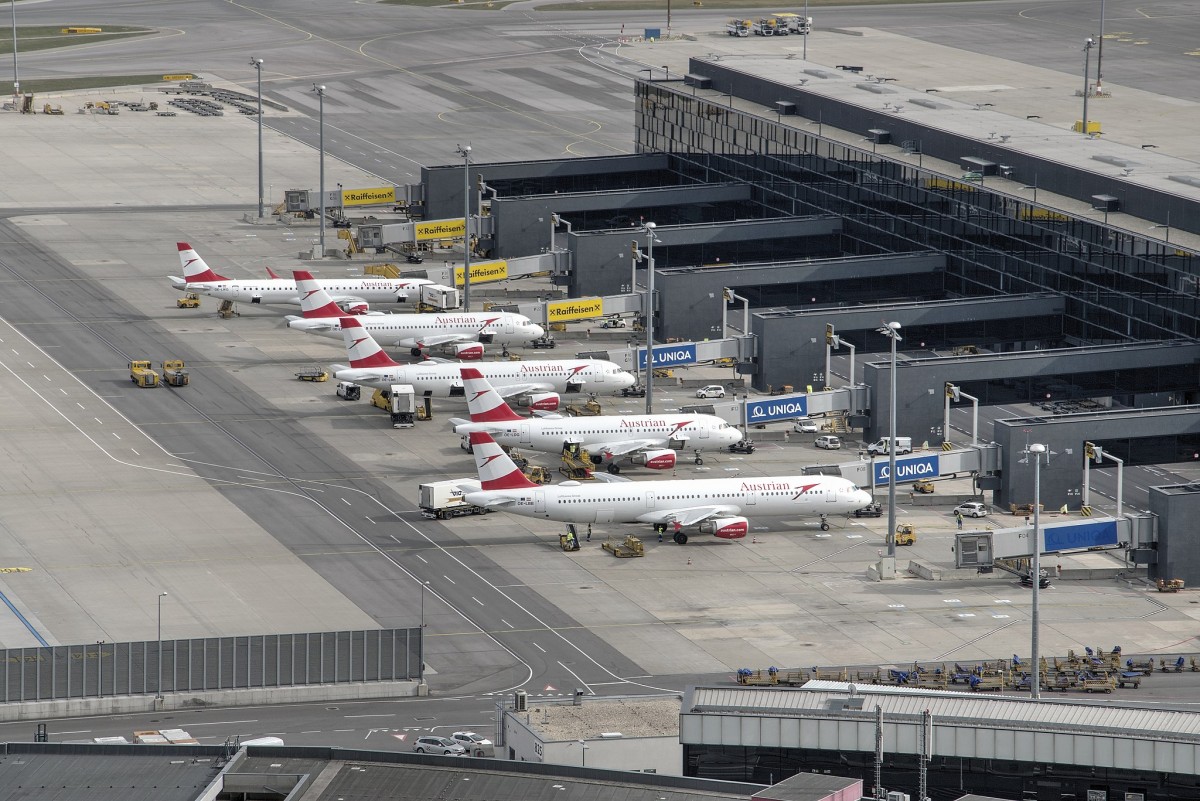Sponsored Content
German Warning Strikes also Affect Air Traffic in Austria
A day-long warning strike at the most important German airports will not only bring air traffic in Germany to a standstill but will also have a significant impact on Austria. The German trade union ver.di has called for work stoppages at a total of 13 airports, including Munich, Stuttgart, Frankfurt, Cologne/Bonn, Düsseldorf, Dortmund, Hanover, Bremen, Hamburg, Berlin-Brandenburg and Leipzig-Halle. Public service and ground handling employees are affected.
 If the wage dispute is not resolved soon, further strikes could follow - with even more serious consequences for European air traffic. / Picture: © Wikimedia Commons / Stanislav Doronenko / CC BY-SA (https://creativecommons.org/licenses/by-sa/4.0)
If the wage dispute is not resolved soon, further strikes could follow - with even more serious consequences for European air traffic. / Picture: © Wikimedia Commons / Stanislav Doronenko / CC BY-SA (https://creativecommons.org/licenses/by-sa/4.0)
Germany is once again facing a large-scale warning strike, which will not only severely affect domestic air traffic in Germany but is also likely to have a serious impact on international aviation, particularly in Austria. The trade union ver.di has called for work stoppages at a total of 13 major airports on Monday, March 11. The airports affected include Munich, Stuttgart, Frankfurt,…
or Log In
Fast News Search





